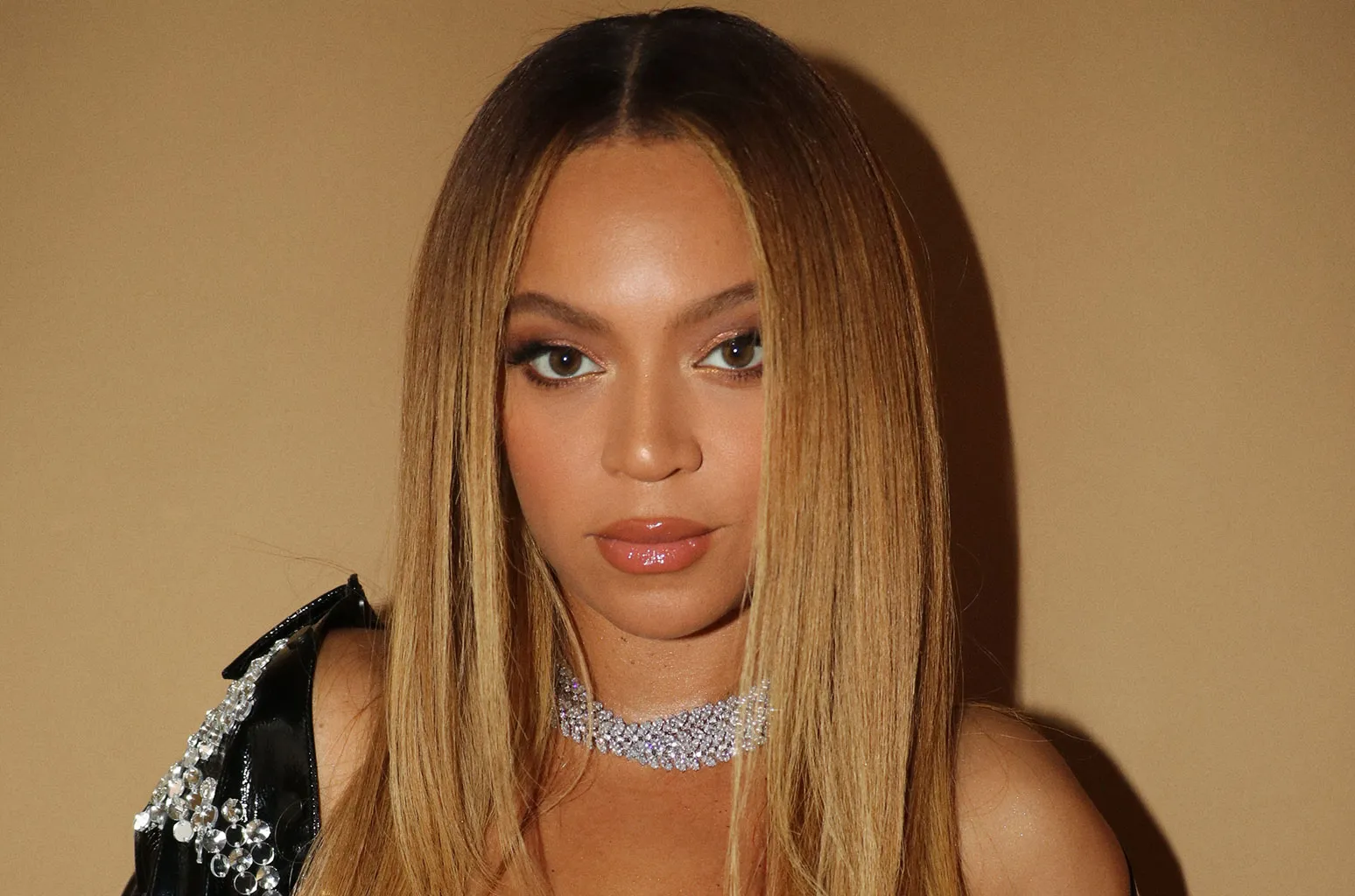
Happy Black History month! For 28 days people are reminded of the story of people overcoming systemic racism, and societal hatred. These evils have led to the backdrop of a history full of musical pain and stories of many emotional episodes. These accounts detail the healing and expression of joy, hope, anger, frustration when telling the history of "Black" people in America. Today Hip-Hop has not only taken on that message but with Hip-Hop going global and the political climate changing in America, Hip-Hop will once again lend its' gifts to the world by telling the truth to a world that may never fully accept the message it has always been giving to the world at large.
Who are we? How do we fully answer this question? By going through the archive of "Black" music there are songs of many genres that tell our story through Gospel, Jazz, Pop, Soul, R&B, and more. Hip-Hop is the youth's rebellion from the mainstream world to tell everyone what their experience and issues are with the world. Hip-Hop was the answer to NYC showing the world the murder, the economical struggle and the unfair treatment from the police was not to be tolerated any more. This story spread to the West Coast and they showed the world they are going through the same issues. The South and Midwest also had something to say and damn it the message was received.
"Black" music is and always will be political. With artists in Hip-Hop like Public Enemy, X-Clan, KRS-ONE and more Hip-Hop has had people represent the culture and get into the fight for the struggle to enhance the lives of the people in the culture. On the West Coast artists like West Coast Kam and Paris have carried the torch for reform in America to aid in the advancement of Black People. In the mainstream Hip-Hop has had separations from the conscious Hip-Hop artist but we have seen the evolution of the street artist giving their take on the world and its problems. Artists like Nas, Ice Cube, TI and Mysonne have taken charge in navigating the street and politics. Yet, the memory of fallen MCs like 2Pac and Nipsey Hussle have inspired newer artists like Kendrick Lamar, Dee-1, and J Cole to speak on the injustice on our community. This keeps the essence of Hip-Hop pure and alive.
Black History Month is a time of year where we tell the world our story and share our will and desire to exist in peace with the larger global society. With people of all communities now rapping and making beats we must never allow our story to be erased as we remind them that "We Will Be Here Forever..." As much as the mainstream Hip-Hop shared with the world may separate from the streets and the people's message for entertainment purposes we still have artists like Outkast and Goodie Mob to give soulful accounts of the struggle to the world. Common, Mos Def and Talib Kweli still make music that matters to the world. Christian Hip-Hop is speaking up to the morality of the world with artists like Firejaws, Bizzle and more. While Rapsody is reminding people of the value of the woman's voice in the culture, Beyonce still is making firsts in the music conversation leading to a look into our story and our history.
Hip-Hop is an important part of our History. Hip-Hop's story is Black History and outside of Black Music Month in June, Hip-Hop tells the story of our struggle in real time. Police brutality, economic disparity, sexism, nepotism, racism and politics are the issues and Hip-Hop voices its displeasure with it. With Hip-Hop taking charge as a world leading culture we see hope that things will change. With a new President in America making change, Hip-Hop will have to answer the questions: What do we do now? How do we respond to this new change? Councilman Dupre' Kelly is part of that answer going from Recording Artist to politics and soon more will be inspired from his move into a new arena to show Hip-Hop is a genre and movement that will not stop and "...will be here forever..."
As we remember Dr. Martin Luther King Jr., Malcolm X, Nina Simone, Dr. Frances Cress Welling and more. We should also celebrate Chuck D, Brother J, The Honorable Louis Farrakhan, Tamika Mallory and the people alive today that are leading the Hip-Hop nation into a new era to continue that fight. Hip-Hop is Black History and though it is given a monthly time to recognize. Hip-Hop culture is lived everyday and we celebrate Black History everyday by making history not just waiting for a book to tell us what we have been through. We fight to overcome and conquer that evil in the world to show the world that "We shall overcome...". That we will not cower to injustice and it will forever be "Like that and that's the way it is", and that is that way it shall forever be.






































